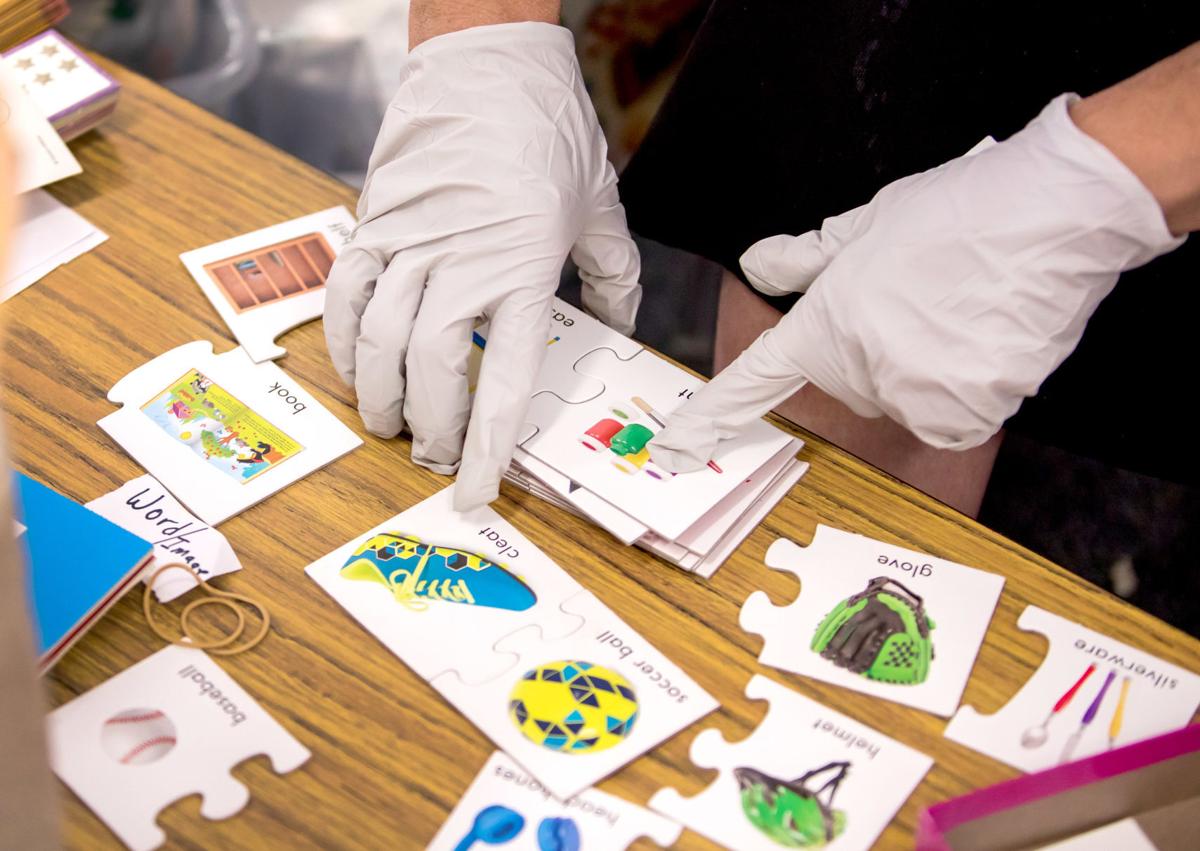Arizona child-care centers can get a share of $47 million in grants to help them keep their doors open and, if they choose, to make or keep their rates affordable.
The program, announced Thursday by the state Department of Economic Security, will provide $300 for each child who was enrolled and attended a licensed facility in January. The only exception will be for child-care centers that did not open until later.
Facilities in rural areas — defined as anywhere outside Pima and Maricopa counties — will get an additional $1,000 on top as part of the goal of maintaining access to child care in remote areas.
There also are provisions for aid to child-care operations that closed during the pandemic, providing them with cash if they agree to reopen and provide services by the end of September.
The move comes amid reports that nearly half of all child-care centers in the state have closed since the COVID-19 pandemic began.
The state went from having 171,000 slots for child care to just 76,000, according to the Arizona Association for the Education of Young Children, which represents many providers.
Some of that is due to the fact that parents who typically require child care have been laid off. That leaves them not only with less money to pay for the service but the fact that they may not need it because they are home.
The state also has imposed various safety restrictions and capacity reductions.
The DES said it hopes to help providers stay open or reopen by supplementing the operating costs to prevent permanent closures.
Cash is coming from federal coronavirus relief dollars awarded to the state.
Having child-care providers available is important not just overall for families but in particular for first responders and essential workers, said DES Director Michael Wisehart.
“This additional funding is vital for the continued success of our child-care system when their services are needed most during this public-health emergency, as well as the state’s recovery as we safely reopen the economy,” he said in a written statement.
There appear to be no real strings on how the owners of eligible child-care centers can use the money.
According to the DES, they can lower the tuition and registration fees they charge to families. But they also can use it to pay lease or mortgage payments, for liability insurance or to purchase cleaning or classroom supplies and materials.
The money also can be used to pay salaries and benefits for employees. But the DES says the providers cannot simply retain the cash for profits.
The additional dollars also do not appear to be linked to need, with all child-care centers eligible, whether they are serving children from rich or poor households.
The $47 million is only part of the money being doled out in connection with child care.
A separate grant will provide $24 million for what is called the Arizona Enrichment Centers Program. This is described as a partnership with 546 providers across the state for child-care services and scholarships for first responders, health-care workers and other essential services during the COVID-19 emergency.
According to the Governor’s Office, a qualifying household must have a combined income of $65,000 or less. The DES then pays the scholarships, averaging $925 a month per child, directly to the care provider.
The DES also is setting aside another $7 million for paid absences of youngsters from child-care centers.
Under current regulations, the DES pays for two absences a month. This would increase that to five based on the risks of the coronavirus and the need for parents to keep their children home if they are showing signs of illness.
Another $10 million is being set aside in reserve if the economy does not improve and more parents seek state-subsidized child care.





